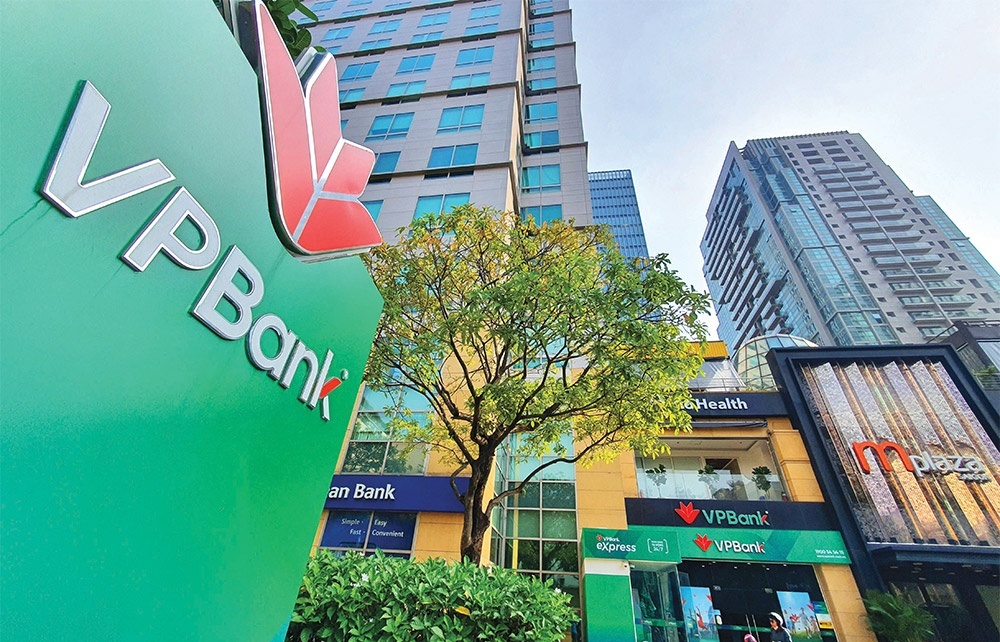ECB holds rates steady but warns of Brexit 'uncertainties'
 |
| The European Central Bank kept its interest rates at record lows and held fire on more economic stimulus, but warned of "uncertainties" ahead for the eurozone over the Brexit vote. (AFP Photo/Daniel Roland) |
Describing the ECB's current ultra-loose monetary policy as "effective", bank chief Mario Draghi said policymakers stood ready to take future action if needed to push up stubbornly low inflation and reinvigorate growth.
In the meantime, Draghi asked for patience while the full impact of current policies unfolded.
Draghi also announced new economic forecasts after a meeting of the bank's governing council in Frankfurt, slightly raising this year's growth forecast to 1.7 per cent while lowering expectations for 2017 and 2018 to 1.6 per cent.
"The economic recovery in the euro area is expected to be dampened by still subdued foreign demand, partly related to the uncertainties following the UK referendum outcome ... and a sluggish pace of implementation of structural reforms," Draghi said at a press conference.
The eurozone economy has held up well against the initial shock of Britain's June vote to quit the EU, early data showed.
But since Britain has yet to trigger the process to extricate itself from the bloc, analysts warn that it could take time for the economic fallout to make itself felt.
The bank's governing council voted to keep the benchmark refinancing rate at zero per cent, while the rate on the marginal lending facility remains at 0.25 per cent and the bank deposit rate at -0.4 per cent.
A negative deposit rate means banks have to pay to park excess cash at the ECB overnight, an unusual state of play that has squeezed banks' profits and sparked fears lenders could pass the charges on to customers.
The council expects the rates to remain at current, or lower, levels "for an extended period of time", the ECB said.
The rates decision was widely expected by analysts who predicted the ECB would opt to wait for more conclusive data on Brexit before embarking on any drastic policy changes.
READY TO ACT
The ECB also refrained from making any tweaks to its massive asset-buying programme to encourage lending and investment, which has seen it purchase over a trillion euros in government and corporate bonds over the past 18 months.
"The governing council confirms that the monthly asset purchases of €80 billion are intended to run until the end of March 2017, or beyond, if necessary, and in any case until it sees a sustained adjustment in the path of inflation consistent with its inflation aim," the bank said.
Eurozone inflation - which the ECB aims to maintain at just below 2.0 per cent - remains well shy of target, stuck at 0.2 per cent in August.
Members of the governing council on Thursday kept their inflation expectations broadly unchanged, at 0.2 per cent for 2016, 1.2 per cent for 2017 and 1.6 per cent for 2018.
"For the time being the changes are not so substantial to warrant a decision to act. Our monetary policy is effective," Draghi told reporters, adding that the bank would open its monetary toolbox again when needed.
"There is no question about the will to act, the capacity to act, and the ability to do so," he said.
'BE PATIENT'
The lack of any major announcements disappointed some investors, who had expected Draghi to at least announce an extension of the ECB's QE programme.
"Today's ECB meeting can quickly be filed away under 'non-event'," said Carsten Brzeski, chief economist at ING-Diba. Eurozone stock markets fell in response to the lack of more stimulus, while the euro climbed.
The ECB "will need to announce further policy stimulus before long," added analyst Jennifer McKeown at Capital Economics, noting that recent business surveys suggest more slow growth in the eurozone.
Responding to a crescendo of criticism from lenders about low or negative rates cutting into their profits, Draghi pleaded for patience to give the ECB's unprecedented stimulus of low rates, cheap loans to banks and a huge injection of liquidity a chance to work.
"Ultimately we've got to be patient," Draghi said.
"Interest rates have to stay low for the economic recovery to proceed, for the economic recovery to firm up, which in the end will have a positive effect on banks' balance sheets as well," he said.
"Interest rates have to be low today for being high tomorrow."
What the stars mean:
★ Poor ★ ★ Promising ★★★ Good ★★★★ Very good ★★★★★ Exceptional
Latest News
More News
- Obstacles to stock-market upgrade to be removed (December 17, 2024 | 11:29)
- Vietnam seizes opportunities amid global trade shifts (December 16, 2024 | 18:00)
- Long-term perspective remains optimal approach (December 16, 2024 | 14:26)
- Fiscal measures to be based on upcoming US status (December 16, 2024 | 10:09)
- PetroVietnam accelerates divestment from PVI (December 16, 2024 | 06:59)
- Techcombank proactive with ESG and sustainability (December 14, 2024 | 10:00)
- VAT cut set to continue on through to summer (December 14, 2024 | 09:00)
- BIWASE Long An issues Vietnam's first AAA-rated bonds worth $27.6 million (December 13, 2024 | 20:22)
- Citi hosts Vietnam Day for Hong Kong clients (December 13, 2024 | 14:21)
- Banks face difficulties in balancing capital raising and lending (December 13, 2024 | 11:47)















 Mobile Version
Mobile Version